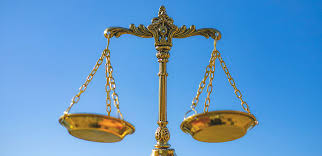privacy
an individual or group to seclude themselves or information about themselves, and thereby express themselves selectively.
The domain of privacy partially overlaps with security, which can include the concepts of appropriate use and protection of information. Privacy may also take the form of bodily integrity.
There have been many different conceptions of privacy throughout history. Most cultures recognize the right of an individual to withhold aspects of their personal lives from public record. The right not to be subjected to unsanctioned invasions of privacy by the government, corporations, or individuals is part of many countries' privacy laws, and in some cases, constitutions.
With the rise of technology, the debate regarding privacy has expanded from a bodily sense to include a digital sense. In most countries, the right to digital privacy is considered an extension of the original right to privacy, and many countries have passed acts that further protect digital privacy from public and private entities.
There are multiple techniques to invade privacy, which may be employed by corporations or governments for profit or political reasons. Conversely, in order to protect privacy, people may employ encryption or anonymitymeasures.

個人或團體隔離自己或關於自己的資訊,從而有選擇地表達自己。
隱私領域與安全部分重疊,安全可以包括適當使用和保護資訊的概念。 隱私也可以採取身體完整性的形式。
縱觀歷史,存在著許多不同的隱私概念。 大多數文化承認個人有權將個人生活的某些方麵從公共記錄中刪除。 不受政府、公司或個人未經批準侵犯隱私的權利是許多國家隱私法的一部分,在某些情況下,也是憲法的一部分。
隨著技術的崛起,關於隱私的辯論已經從身體意識擴充套件到包括數字意識。 在大多數國家,數字隱私權被視為原始隱私權的延伸,許多國家已經通過了進一步保護數字隱私免受公共和私人實體侵害的法案。
有多種技術可以侵犯隱私,公司或政府可能會出於盈利或政治原因使用這些技術。 相反,為了保護隱私,人們可能會使用加密或匿名措施。
